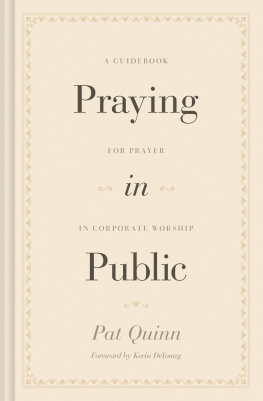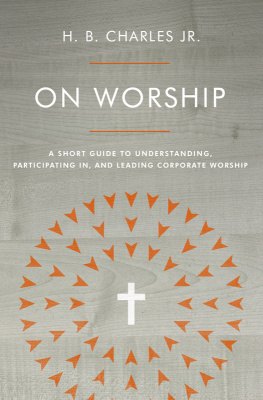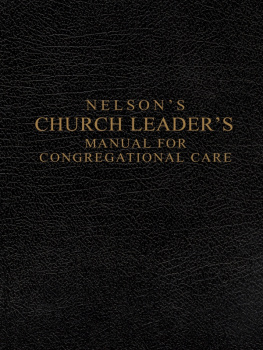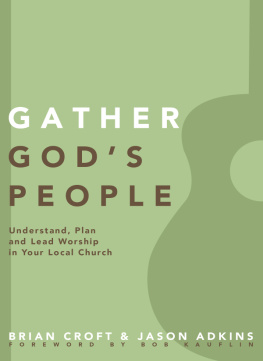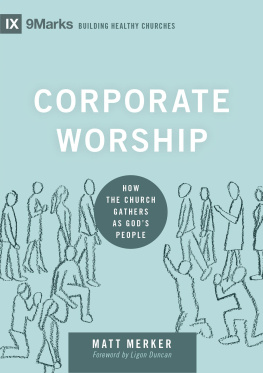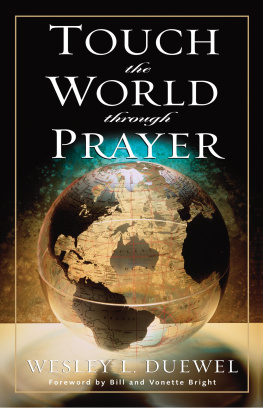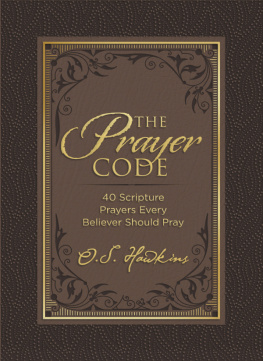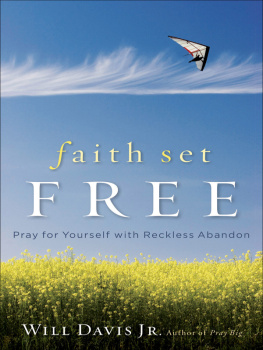Table of Contents
Landmarks
Prayer, particularly Christian prayer, uses biblical language.... The Bible contains a vast number of paradigms for prayer and a thesaurus of words to handle the unique experience of prayer. All this inspires, encourages, and feeds our experience of prayer.
Let the word of Christ dwell in you richly, teaching and admonishing one another in all wisdom, singing psalms and hymns and spiritual songs, with thankfulness in your hearts to God. And whatever you do, in word or deed, do everything in the name of the Lord Jesus , giving thanks to God the Father through him.
Colossians 3:1617
Bible Christians
Evangelical Christians are Bible Christians. We want Scripture to inform and shape everything we do. This is how Paul instructs us in Colossians 3:1617. Teach the word, counsel the word (admonish), sing the word, and pray the word (giving thanks). Since the Bible is God-inspired and infallibly guides us into all that is good, true, and beautiful, our public prayers should be saturated with Scripture. We do this by quoting or paraphrasing Scripture in prayer or by alluding to and creatively expressing scriptural themes in prayer. For our purposes well call quoting/paraphrasing scripted prayer and creative allusion developed prayer. Lets look at some examples of and reasons for each.
Scripted Prayer
O Lord, you are the King eternal, immortal, invisible, the only wise God. You are the blessed and only Sovereign, the King of kings and Lord of lords, who alone possesses immortality and dwells in unapproachable light; whom no man has seen or can see. To you be the honor and eternal dominion (1 Tim.
O let the gospel be preached unto every creature; for how shall men believe in him of whom they have not heard; and how shall they hear without preachers? And how shall they preach except they be sent? And who shall send forth labourers but the Lord of the harvest? (from Mark
paraphrases will keep us in line and train us to pray weighty and worthy prayers.
Developed Prayer
We have sinned secretly and openly; in thought, word, and deed; ignorantly and presumptuously... against thy precepts, promises, and threats; against thy mercies and thy judgments; under thy patience and in thy sight; against our consciences, our purposes, and our covenants; when we were hastening to death and judgment, for which through all our lives we should have prepared.
Lord, Jesus , you have invited uswretched beggarsto your wedding feast, not only as guests, but as your beloved bride, to be united to you in love forever. You are a gracious host and glorious bridegroom and have paid the bride price with your own precious blood. You turn the water of our empty lives into the wine of new life and joy. You refresh and satisfy us with your love. All praise to you Lord Jesus , perfect image of the Father, beautiful Savior, Desire of nations, and coming King.
These prayers capture biblical truthsthe inner corruption and outer rebellion of sin, the beauty of Christs person, and the wonder of his redemptive workand creatively elaborate on and develop these themes. The goal of developed prayer is to pray biblically and yet relevantly, to express ancient truths in ways that make a fresh impact on the hearers so that they participate in the public prayer with all their heart and soul. A biblically based, creatively developed prayer will have the savor of both timelessness and immediacy. Richard Baxters prayer above, for instance, is written in seventeenth-century English but could, with minor adjustments, still be prayed today.
A Musical Analogy
Our Director of Music at University Reformed Church, Jon Anderson, gave me an analogy to help me think about these two ways of using Scripture to pray. Jon is an extremely accomplished musician. He is equally adept at playing classical music and jazz, playing the notes as written or taking a theme and developing it through improvisation. Why not learn the classical and jazz of leading prayer? While each person who leads in prayer may lean more toward scripted or developed prayer, the best way to think about them is to hold them in creative tension: be aware that both are available and that each has its benefits.
Reflection
1. In what ways does the Bible influence the prayers you pray? The prayers you hear in your worship services?
2. What is your favorite prayer in the Bible? Why? When was the last time you actually prayed it to God?
Hughes Oliphant Old, Leading in Prayer (Grand Rapids, MI: Eerdmans, 1995), 7.
Terry L. Johnson, ed., Leading in Worship (Oak Ridge, TN: The Covenant Foundation, 1996), 2223.
Matthew Henry, A Method for Prayer , ed. J. Ligon Duncan (Fearn, Ross-shire, Scotland: Christian Focus, 1994), 104.
1:914.
Richard Baxter, The Savoy Liturgy, in Liturgies of the Western Church, comp. Bard Thompson (Philadelphia, PA: Fortress Press, 1961), 388.
See page 92.
And so, from the day we heard, we have not ceased to pray for you, asking that you may be filled with the knowledge of his will in all spiritual wisdom and understanding, so as to walk in a manner worthy of the Lord, fully pleasing to him: bearing fruit in every good work and increasing in the knowledge of God; being strengthened with all power, according to his glorious might, for all endurance and patience with joy; giving thanks to the Father, who has qualified you to share in the inheritance of the saints in light. He has delivered us from the domain of darkness and transferred us to the kingdom of his beloved Son, in whom we have redemption, the forgiveness of sins.
Colossians 1:914
Pauls Obsession
I once heard professor and author D. A. Carson remark that after years of seminary teaching he realized that his students didnt learn all that he taught them, but they did learn what he was excited about. Paul would have agreed with that, and he would have added that he was excited about everything he taught. Paul taught by both word and by example. In Colossians 1:914 Paul is both praying for the church and teaching us how to pray by his example. Congregational prayer always fulfills both roles. So what can we learn about prayer from Paul in this passage?
The main thing we learn is that the gospel is the fount of every blessing. Consider the blessings Paul prays for here: knowledge of Gods will, being enabled to walk in a way that pleases the Lord and bears fruit, increasing intimacy with the Lord, power to endure hard things with joy, and a final glorious inheritance with the saints in light. What riches! But notice how he ends the prayer with the source and sum of the blessings: He has delivered us from the domain of darkness and transferred us to the kingdom of his beloved Son, in whom we have redemption, the forgiveness of sins (Col. 1:1314). The gospel of deliverance, transfer of kingdoms, redemption, and forgiveness is both the gateway and storehouse of every good gift (James 1:17). Lets look at some supporting points from Pauls other letters.
The Gospel Is the Gateway
First, without the gospel there is no access to God. Paul says in Romans 5:12 that being justified by faith brings peace with God and access into his grace. Its simple: no gospel, no relationship with God and no promise of answered prayer. Praying gospel-centered congregational prayers shows unbelievers that God cant be approached on the basis of their performance, pedigree, or popularity with others. They can approach him only through the blood and righteousness of Jesus Christ. It also reminds believers that their hope of Gods favor and mercies is the same blood and righteousness every day. No day are we so good that we dont need gospel grace; no day are we so bad that we should despair of it.
Second, without the gospel, there would be no possibility of blessings, only curses. Deuteronomy 28 recounts the pronouncing of blessings or curses for Gods people as they came into the Promised Land. Everything depended on being careful to do all his commandments (Deut. 28:1, 15) as they entered the land. In fact, God said curses would fall on them because you did not serve the L ord your God with joyfulness and gladness of heart (Deut. 28:47). Not only was obedience required, but joyful and glad obedience! Paul takes up this theme and applies it to us in Galatians 3:10: For all who rely on works of the law are under a curse; for it is written, Cursed be everyone who does not abide by all things written in the Book of the Law, and do them. Since none of us comes even close to living up to this standard, we are all under Gods eternal curse. No blessings and no hope for any of us. But Paul has been tearing down false hopes only so he can point to the true hope:

